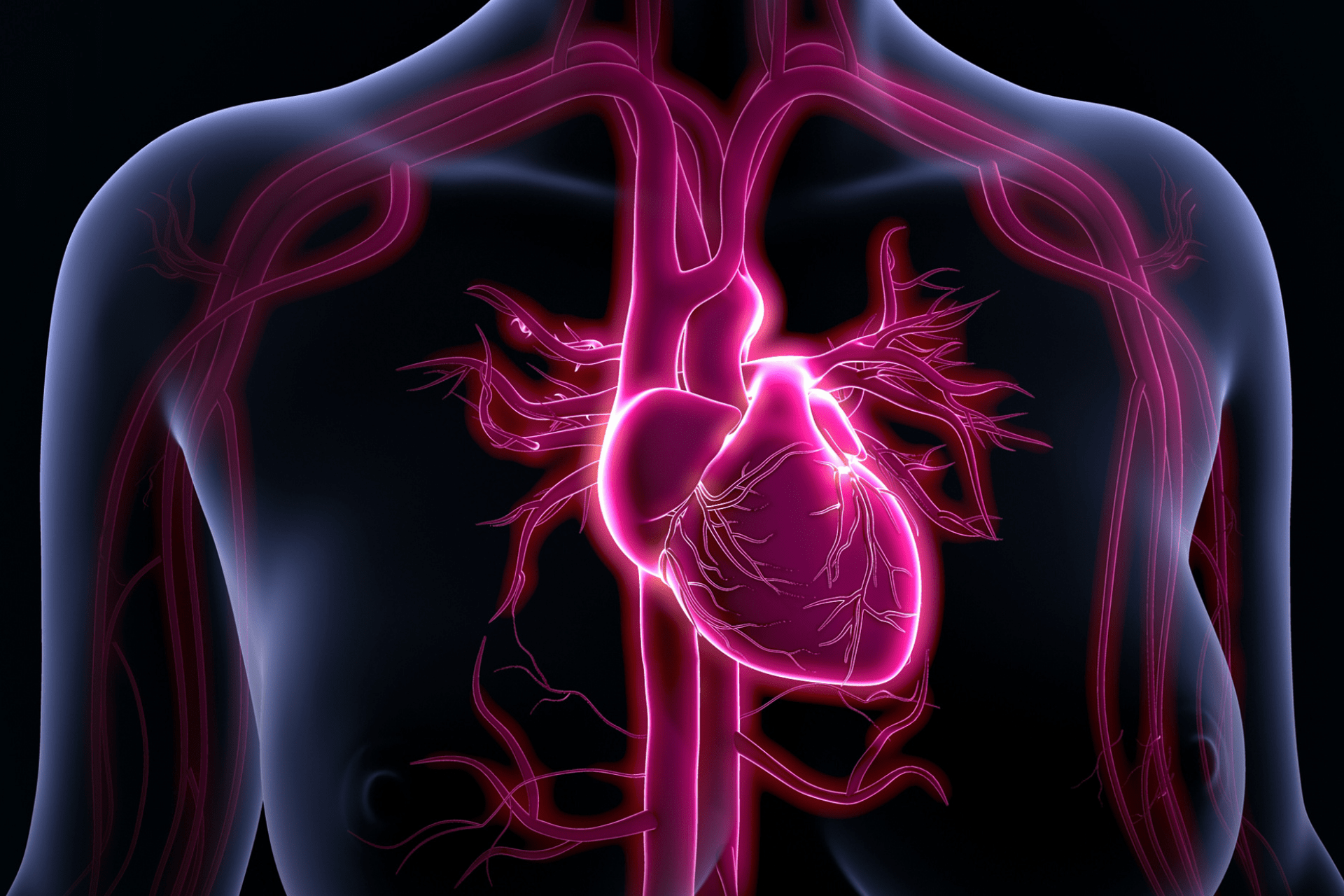
Call it a game of health statistics. A fairly realistic picture of your present cardiac fitness may be obtained by knowing just a few key measures. This knowledge will also serve as continual incentive for you to preserve good heart statistics and enhance less healthy ones.
What Number of Steps Do You Take Each Day?
Every other heart-health metric and illness risk are improved by regular exercise, according to Blaha. For this reason, he frequently recommends walking up to 10,000 steps per day, or about five miles. 150 minutes of exercise per week is another guideline. Being active is preferable to being inactive, adds Blaha.
Your Heart Rate
Hypertension, often known as high blood pressure, has no symptoms and can only be found out through measurement. The ideal score is 120/80, but the average person's score is 140/90. Higher readings indicate that the arteries aren't responding properly to the blood pressure exerted on the arterial walls, which directly increases the risk of a heart attack or stroke.
Non-HDL Cholesterol in You
That is your total cholesterol value less your HDL cholesterol, which is a measurement of blood lipids that can constrict and obstruct arteries to the heart. Better is lower: Aim for a score between 70 and 100 mg/dL if you have a high risk of developing heart disease or less than 130 mg/dL otherwise.
Your Sugar Level
You run a greater risk of developing diabetes, which harms your arteries. Diabetes, both type 1 and type 2, is actually one of the most dangerous risk factors for heart disease.
How Much Sleep You Get Each Night
Although there isn't a single "correct" response for everyone, Blaha claims that continuously working the number of hours that is good for you lowers your chance of developing heart disease. Most adults require six to eight hours of sleep per night.